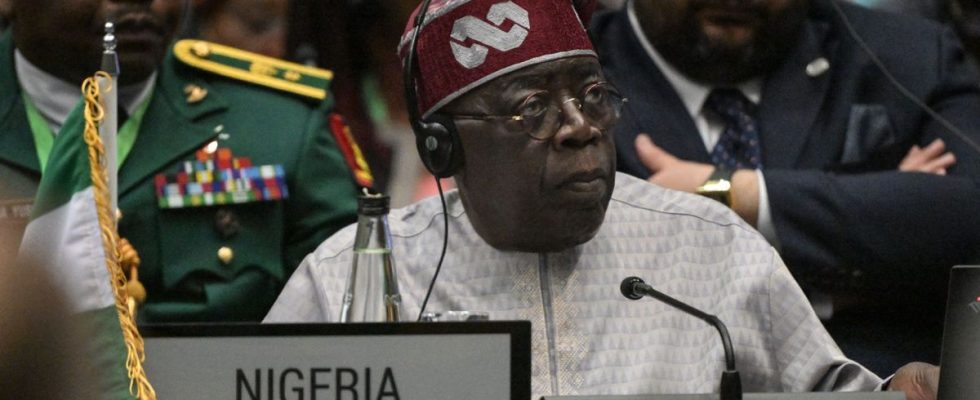In Nigeria, the debate is lively on the attitude to adopt vis-à-vis the putschists in Niamey. Voices are indeed being raised to ask President Bola Tinubu, at the head of the West African bloc, to reconsider his possible military intervention by ECOWAS in Niger.
Parliamentarians and politicians from Africa’s most populous country have voiced their concerns as the end of the ECOWAS ultimatum draws near. On July 30, shortly after the coup that overthrew elected President Mohamed Bazoum, ECOWAS gave the junta seven days, until Sunday evening, to restore him to office. While claiming to favor the diplomatic route, they had indicated that in the event of failure of the negotiations, the use of force was not to be excluded.
The pressure from the ECOWAS chiefs of staff
The pressure was further heightened on Friday when the ECOWAS chiefs of staff meeting in Abuja announced that they had “defined the contours” of this “possible military intervention”. Nothing has filtered through on this action plan, but it’s a safe bet that neighboring Nigeria, the continent’s leading economy and with 215 million inhabitants, would be the leading contributor in financial, human and logistical terms. . It is moreover Bola Tinubu, who, in his capacity as president of ECOWAS, is the bearer of this ultimatum.
On Saturday afternoon, the Nigerian Senate met behind closed doors to discuss the situation in Niger, then called on President Tinubu to “encourage other ECOWAS leaders to strengthen the political and diplomatic option”, to after a statement by Senate President Godswill Akpabio. Several Nigerian media claim that during this meeting, the majority of senators expressed their opposition to a military intervention.
According to the Nigerian Constitution, security forces cannot be deployed to fight in a foreign country without the prior approval of the Senate. The president can, however, dispense with it in the event of an “imminent risk or danger” to national security. He then has seven days, after the start of the fighting, to ask for his authorization.
An intervention deemed “useless” by the opposition
On Friday, senators from the northern regions of Nigeria warned Abuja and ECOWAS against “use of military force without having exhausted all diplomatic channels”. In the event of intervention, even Nigeria, whose seven northern states share a 1,500 km border with Niger, would be “negatively affected”, they warned.
The senators also said they were worried that an intervention in Niger would further destabilize these regions and open a new corridor of insecurity with Niger’s neighbours. These concerns are also shared by the largest coalition of opposition parties in Nigeria, for whom an intervention would be “not only unnecessary” but “irresponsible”, thus judged the Coalition of United Political Parties on Saturday.

